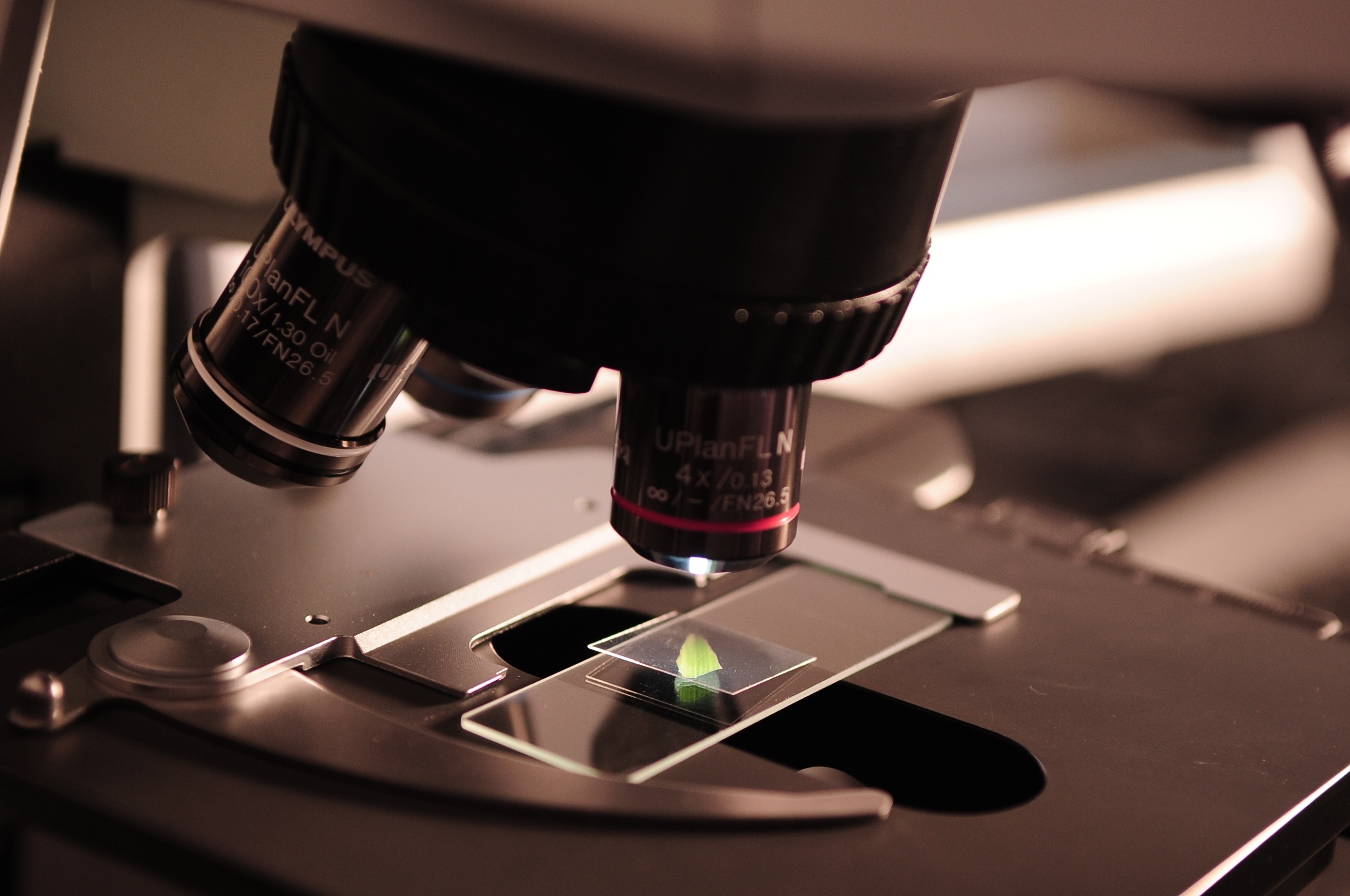After a few intense weeks of speculation and drama, more and more labs have been able to recreate LK-99, also known as modified lead-apatite. The material was touted as the first-ever room-temperature ambient pressure superconductor, a claim that was met with healthy skepticism and excitement. After all, extraordinary claims require extraordinary evidence.



This will probably be the outcome but it’s way too early to be making this claim as fact. The article references one lab in China that found no SC. Meanwhile there’s a different lab in China claiming that there is SC.
The material is non-uniform and different crystal structures within the material are expected to have vastly different properties. The original paper was (suspiciously) vague about exactly how to create the material and different labs are following different steps to synthesize it. So it’s expected that they may get different results.
The original samples that inspired the paper have been sent to other labs for testing, those results should give us the final answer.
Indeed, this kind of reaction has driven me to unsubscribe from the specifically LK-99-related subreddits and forums that have cropped up. “These guys tried reproing it, and they failed, so that’s it, game over. We can forget all about this stuff now.” Or even worse, “this one guy made a deliberately fraudulent video, so all of the news about LK-99 can be dismissed as fake now.”
This is exactly the inverse of what skeptics keep cautioning against. There are plenty of ways to fail to make superconductors, finding a new one of those doesn’t tell us much. All it takes is for one lab to figure out a reliable way to make them and all the failures in the world can’t overcome that.
Patience.
That sounds like there’s maybe variables not taken into consideration.
Tbh that’s the hopium speaking but I’ve taken a big dose of it.
Arstechnica has a great writeup here. Seems like the process is just so variable that recreating the exact substance will be very difficult, even if the original sample is confirmed - akin to Flash’s speed force experiment, or Steve Roger’s super serum.
Yeah this all smacks hard of a con then. You don’t publish except to get replication. That’s the entire point.
Publishing while being intentionally vague about replication is a huge red flag.